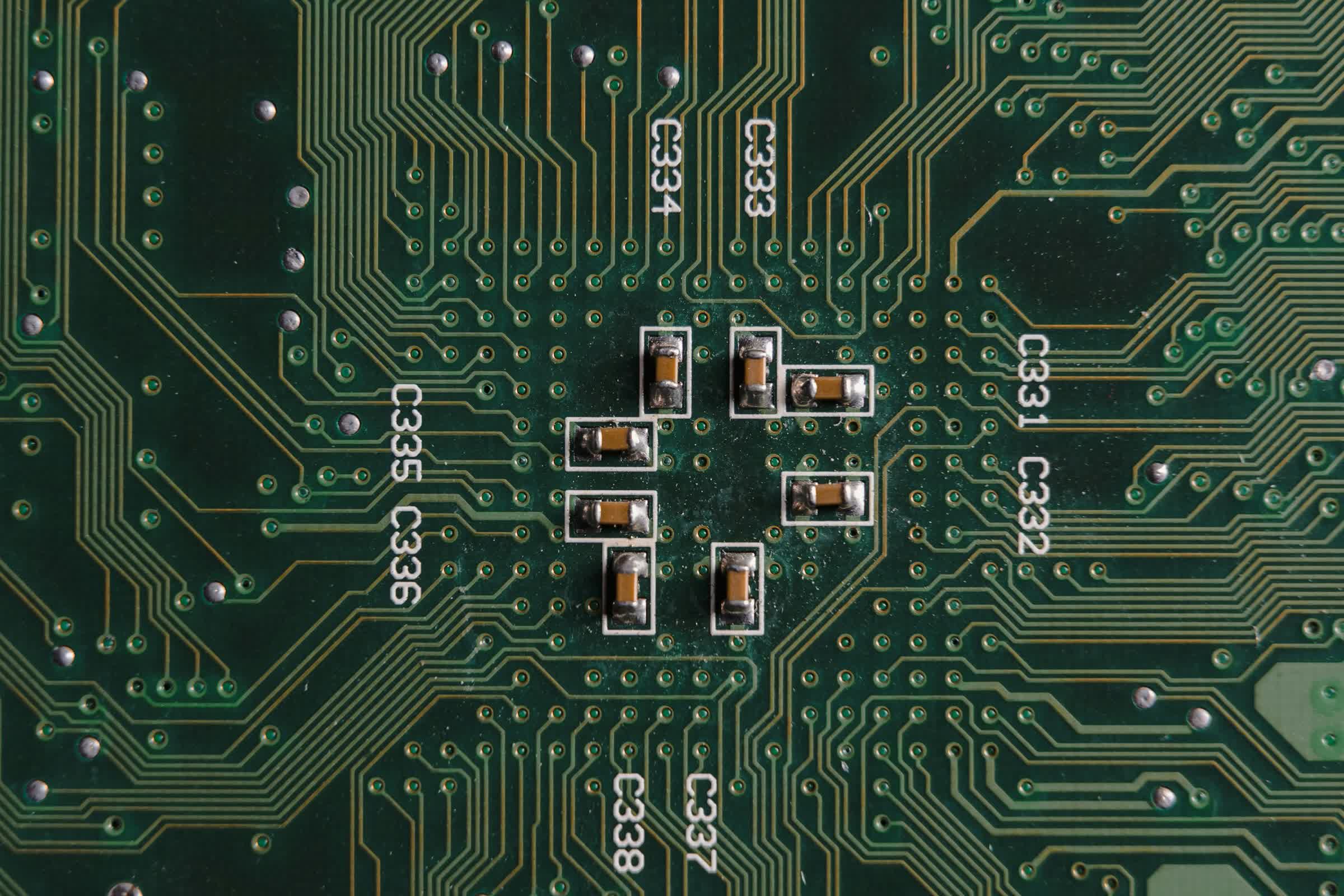Bottom line: Europe continues to lag in semiconductor production despite spending billions of euros trying to rectify this. But a new initiative signals the continent's intent to compete with leading semiconductor markets such as the United States and Asia.

A coalition of nine European Union countries, led by the Netherlands, has been formed to accelerate plans for a potential second funding package under the European Chips Act. This initiative aims to present proposals by summer, following the mixed results of the 2023 Chips Act, which, despite preventing a decline in Europe's industry, failed to meet its key objectives due to slow approval processes and less state support than that provided by the U.S. and China.
Dutch Economy Minister Dirk Beljaarts emphasized the need for a more targeted approach in the potential second funding program. "We need to allocate funds," Beljaarts told Reuters. "Both private and public funds to push the sector, also to make sure that the trickle-down effect takes place and that (small and medium-size) companies also benefit." This strategy aims to address gaps in areas such as chip packaging and advanced production, particularly after Intel shelved plans for a cutting-edge factory in Germany.
The coalition, which includes Austria, Belgium, Finland, France, Germany, Italy, Poland, Spain, and the Netherlands, is focused on three main priorities: enhancing production capabilities, mobilizing public and private investment, and fostering talent within the sector.

Europe boasts strong research and development capabilities, with companies like ASML leading the chipmaking-tools market. However, the region lags behind in advanced chip production, with only Intel utilizing cutting-edge technology in Ireland. The industry's stakeholders include major chip manufacturers like Bosch, Infineon, NXP, and STMicroelectronics, along with equipment suppliers ASML and ASM.
Following a meeting in Brussels, organizations such as ESIA and SEMI Europe are set to formally propose their needs to the European Commission's digital official, Henna Virkkunen. Their requests include direct support for semiconductor design, manufacturing, R&D, materials, and equipment.
The European Chips Act, launched in 2023, aimed to reduce Europe's dependence on foreign semiconductor supplies and bolster the region's technological sovereignty. However, it has faced challenges, including a scarcity of skilled workers and slow approval processes.
The Act has a total investment goal of €43 billion, with the Chips Joint Undertaking playing a pivotal role in bridging the gap between research and commercialization. Despite these efforts, critics argue that government intervention may not be the most effective strategy, as it can distort competition and favor inefficient producers.
European coalition pushes for second Chips Act funding to boost semiconductor sector